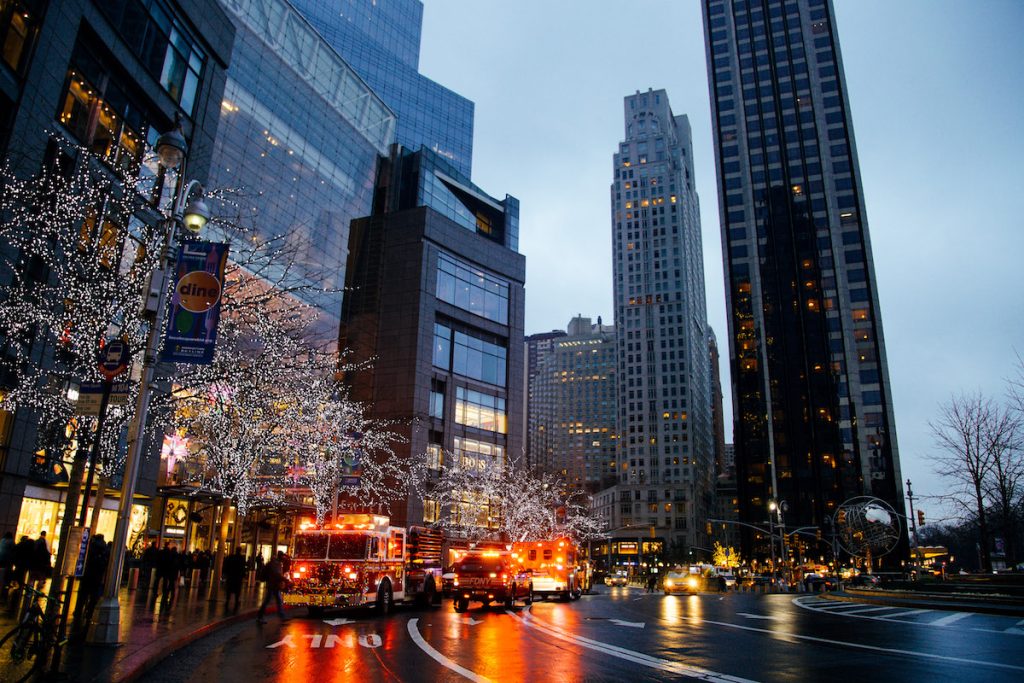New York City has only approved a couple of thousand host registrations, all for reservations where the host is present during the stay. This is seen as positive news for neighborhoods that have been dealing with issues related to house parties and illegal hotels. However, it is seen as negative news for tourists and short-term rental platforms, as it limits the availability of short-term rentals in the city. The Office of Special Enforcement has approved just 2,242 applications since the implementation of Local Law 18 in September.
In addition to the registration requirement, hosts must be present during the stay, which must be for fewer than 30 days, and only a maximum of two guests are allowed. Furthermore, bedroom doors cannot have locks. Despite the fact that there were about 40,000 listings in the city in January 2023, most of them on Airbnb, the number of short-term rentals has declined significantly in NYC. It is important to note that registered hosts can have multiple listings, so the actual number of listings may be higher than 2,242.
As of June 10, the Office of Special Enforcement has caught up on a backlog of pending applications. Of the 6,328 applications received, 99.5% of them either granted, rejected, or returned the application to the applicant. Out of the total applications, 35.4% were granted, 25.2% were denied, and 38.9% were returned for various reasons such as incomplete information or the need for corrections. The implementation of the registration law has led to a significant reduction in illegal short-term rental listings in the city.
Christian Klossner, executive director of the Office of Special Enforcement, highlighted the benefits of the policy in a statement. He stated that the Short-Term Rental Registration program has been crucial in protecting the city’s housing stock from illicit activity and ensuring the safety of New Yorkers. The implementation of Local Law 18 has effectively prevented the misuse of thousands of permanent housing units for illegal short-term rentals. The city sees this as a victory for New York City neighborhoods and the prevention of illegal short-term rental activity.
However, not everyone sees the host registration law in a positive light. Airbnb and some hosts believe that the policy has had negative consequences. Airbnb’s Jay Carney argued that hotel prices are soaring, and there has been no benefit in terms of rents or affordable housing. Some hosts spoke about how homeowners in the outer boroughs are losing their homes because they can only legally have guests for stays of 30 days or longer. Additionally, a portion of the city’s hotel inventory has been allocated to house migrants, contributing to the increase in hotel prices.
Ultimately, the implementation of the host registration law in New York City has had a significant impact on the short-term rental market. While it has helped to reduce illegal short-term rental listings and protect the city’s housing stock, it has also led to challenges for tourists and short-term rental platforms. The policy has sparked debate among stakeholders, with differing opinions on its effectiveness and consequences. Moving forward, it will be important to monitor the impact of the policy on the city’s housing market and tourism industry.


